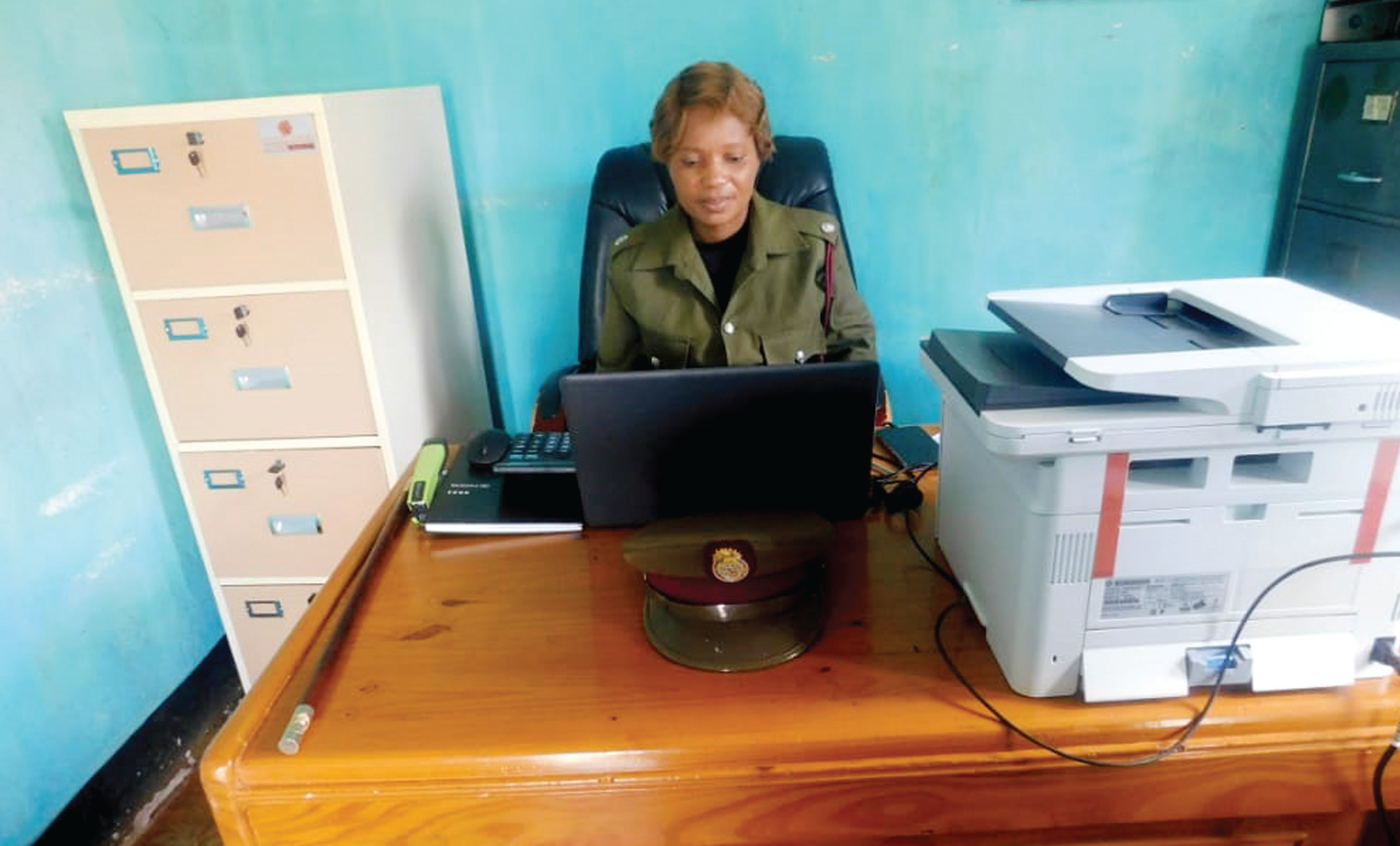On autism in Malawi
Our cover story last week, Nia Desanker, a strong woman desperately trying to help her autistic daughter reach her full potential despite not having resources to do so raised a lot of questions from readers. For starters, what are the services offered to autistic people in Malawi? What is the Ministry of Health doing about the disorder? What can parents do within their homes to help develop their children’s skills? Akossa Mphepo digs around for the answers.
One of our readers, Jephter Mwanza, says reading Nia Desanker’s interview in Every Woman helped him better understand his autistic son, Jean-Marc.
“I have learnt so much from Nia, one of the main things being the adverse effect that gluten and dairy have on people with autism. After I read the interview, I immediately looked Nia up on Facebook and added her as a friend. We bounced a few ideas back and forth and she is going to email me a few suggestions on a diet without those two ingredients,†says Mwanza.
Mwanza’s son was diagnosed with autism in 2009, three years after his birth.
“At that age, Jean-Marc could not talk and we were getting worried. We also noticed that he had poor social interaction skills, lack of attention to the world around him, a failure to focus on one thing at a time and a tendency to walk on tip-toes, among other things,†explains Mwanza.
He adds that, upon his sister’s suggestion, they took Jean-Marc to SOS Children’s Village in Malawi’s capital, Lilongwe, where tests were done.
“Teachers at SOS have focused on correcting our son’s underdeveloped social interaction and focus skills. He has progressively been able to play with us and his colleagues. He also sleeps better since we started the therapy and recently moved one class up. He is due to start communication lessons very soon,†says Mwanza.
Ipyana Bolokonya, a special needs teacher at St Andrews International Primary School in Malawi’s commercial city, Blantyre, who has taught a few autistic children says the biggest problem in dealing with them is transcending the communication boundaries.
 “During the initial meetings, I communicate with students using pictures. I also use pictures for learning purposes.â€Â
“We do not have a tried and true way of dealing with autistic children, because each case is different. We thereby operate on a trial and error basis in that we try something and if that works, then we will move on to the next step. If it doesn’t work, we will try to teach or reach the child through another method,†says Bolokonya. She adds that one of the children she taught is now 15 years old and in Fifth Form at St Andrews International High School, which means the school is doing something right.
Patience, she advises, is key in dealing with an autistic child as they have to be taught everything one step at a time.
“A lot of parents might not afford to send their children to us, but that does not mean they ought to give up on them either. There are a lot of places, such as SOS Children’s Village in Lilongwe, St Pius and Chitawira primary schools as well as other government schools that offer help to children with disabilities, autism inclusive.
“Patsogolo Education Centre, which was established by a few colleagues and I in 1997, is another option available to parents in Blantyre who can afford to pay K60 000 per term. The centre caters to children with disabilities and mental disorders and is situated within Hillview Primary School premises,†offers Bolokonya.
She points out that it would be ideal for parents of autistic children form a kind of support group through which they share experiences and advice. It is through this group that they can approach government to do something specific for autistic people.
Does this mean that the Ministry of Health has not set out a few facilities or roped in specialists on autism? Well, according to Ministry of Health communications officer Henry Chimbali, not much is being done in the area.
“Currently, we do not have special services for people that are autistic. These are provided by other organisations in the country and not necessarily the Ministry of Health,†says Chimbali.
Handling your autistic child:
1.     Don’t ignore your child, treat them any differently or limit their ambitions. Provide them with as much support as you can; Jephter Mwanza, parent.
2.     Stimulate your child. Do not leave them in a corner where they bother no-one and think everything is okay. Speak to your child, let them talk to you, coax them out of their shell and bring them into the active world. Ipyana Bolokonya; special needs teacher
3.     Have the support of a professional (in short supply here) to come up with a specified programme for your child; Chiwoza Bandawe, Psychologist.
ÂÂ
Ports of call:
Patsogolo Education Centre: 0999 228 667
College of Medicine, Department of Mental Health: 01 874 678
SOS Children’s Village: 01 756 667 / 01 911 983.





